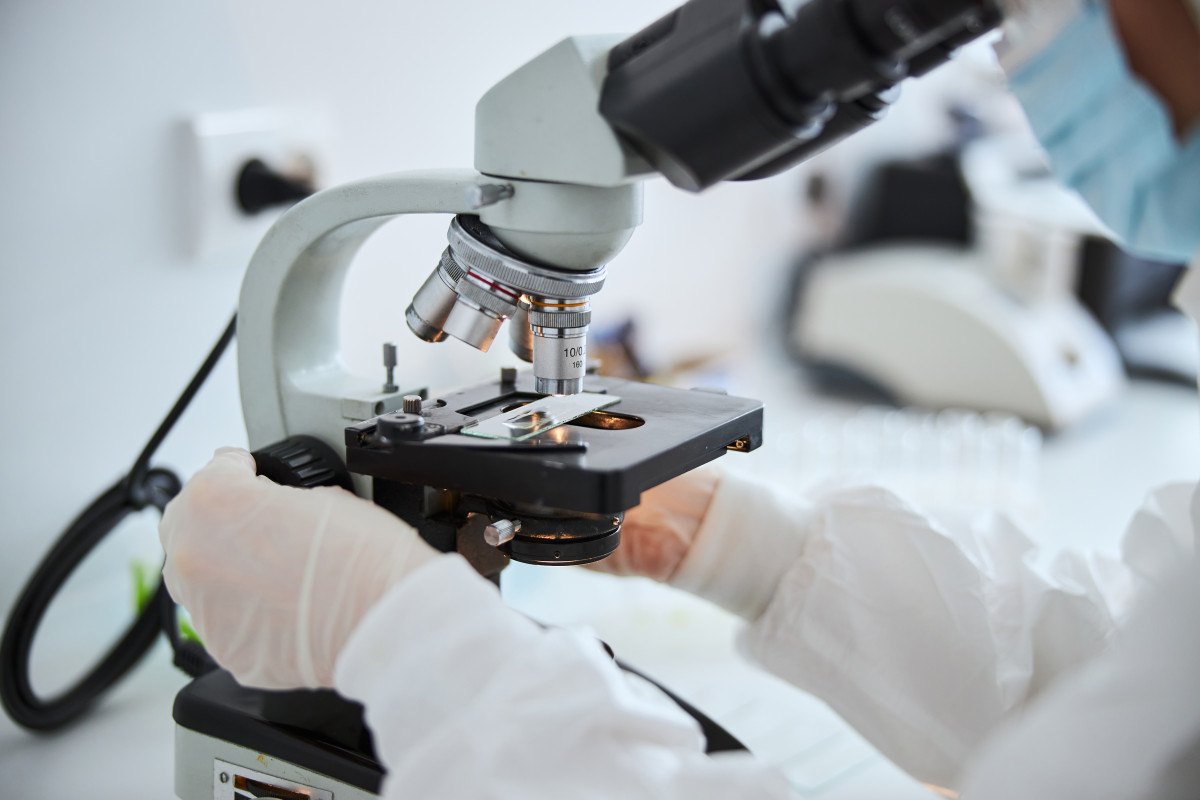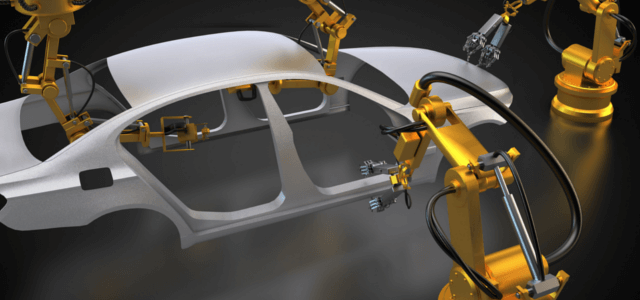One of the best-known manufacturers of microplate readers in the world has just launched a new model, which increases the data quality of high-throughput screening assays. It is called PHERAstar FSX, and was first presented to the public at the SLAS 2023, late February, in San Diego. Here is more on this new microplate reader, which offers higher performances in all kind of environment.
A Microplate Reader unaffected by Room Temperature
When you work in a lab or in other conditions, the results of assays can be affected by the temperature of the environment around the microplate reader. This can affect experimental results, which is something that all researchers and scientists want to avoid at all cost, since it can lead them in the wrong direction. BMG Labtech, a leader in the manufacturing of microplate readers, understood that. That is why they went to work, looking for a solution to that problem, and they have found it. Now, the microplate reader PHERAstar FSX can match room temperature at any degrees between 18 and 45°C. This is perfect for any lab around the world, but also when you need to use the machine outside normal conditions, in crisis situation, far from any location that could be climatized.
Minimizing Assay Variability
When the temperature outside the microplate reader is different than the one inside, it can cause a variety of issues to the results that it will put out. That is because too much heat or cold can influence events such as molecular interactions, assay photon yield, as well as the efficiency and kinetics of biochemical reactions. In turn, this would end-up creating false positive signals, poor statistical outcomes or irreproducible results. All issues that scientists know may arise in bad conditions, but which they try to avoid at all cost. If a wrong result enters into a research, it will probably be caught at some point through more testing. But if it doesn’t, it can simply destroy the validity of a study.
Microplate readers are specially affected by temperature when screening in 384- or 1536-well formats. But the new model that has been brought to market by BMG Labtech, solves that issue by making sure that the temperature inside the machine is stable and at the same temperature as the one from the external environment. To do so, it will either heat or cool the measurement chamber, which greatly reduces the risks of assay variability.
Advantages of the PHERAstar FSX
Laboratories that will be using the PHERAstar FSX will never have to worry about all the elements that can affect the temperature in a room, such as natural light or the heating or cooling system. It is also true about the heat that is spread from other machines inside the laboratory, which may be located nearby the microplate reader.
By using the PHERAstar FSX, assays can be reproduced in various laboratories around the world, while getting the exact same results every time, since the temperature around the machine will never be a factor that can mislead the machine and provide false results, again. Moreover, when using this new microplate reader, every batch measured will be placed under the exact same conditions.





























